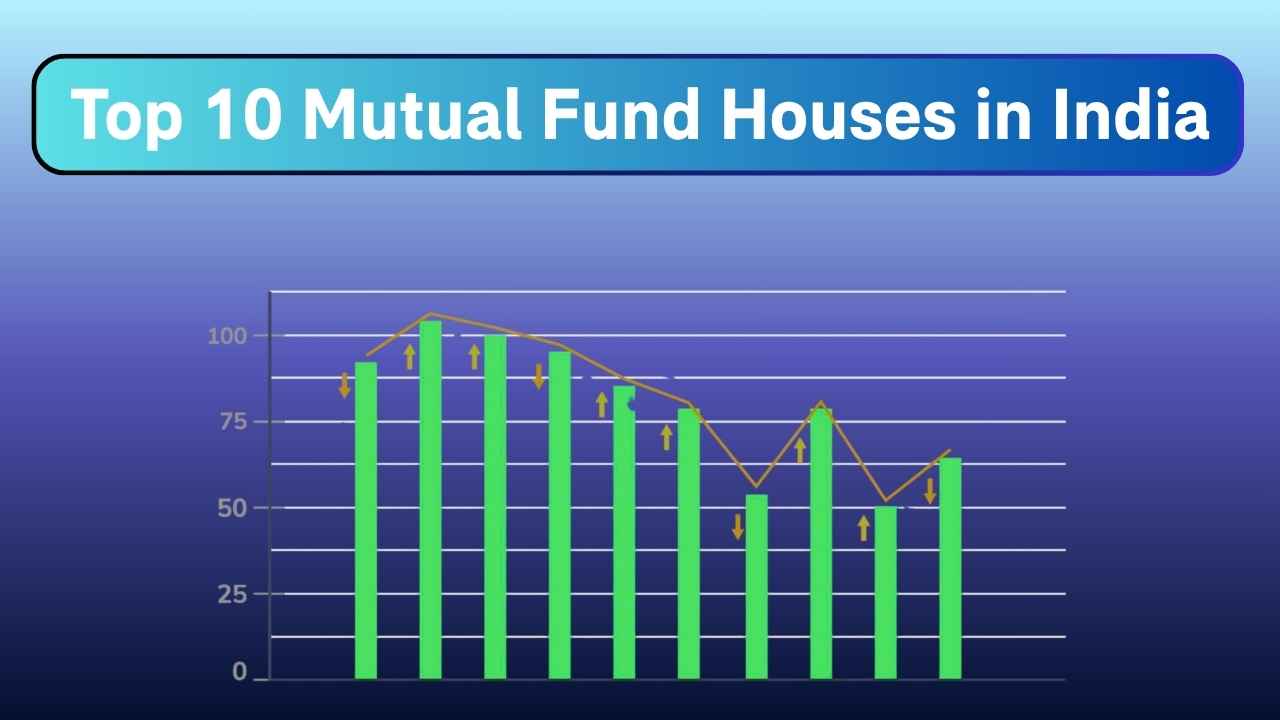Investing can be intimidating with all the options and terminology. That is why index funds are a favorite entry point. Index funds are mutual funds that simply mimic a market index, such as the Nifty 50 or Sensex. Rather than attempting to outperform the market, they replicate its performance. This makes them easy, clear, and a perfect choice for long-term objectives like retirement or growing wealth over time.
Why Index Funds?
Index funds provide you with the same return as the market as a whole. If Nifty 50 increases by 10%, your index fund following it will also increase by around 10%. This “set-and-forget” approach eliminates the tension of choosing individual stocks. You do not have to monitor the market daily, and you enjoy the total growth of the economy.

Benefits of Index Funds
1. Lower Expense Ratio and Low Fees
Index funds are not actively managed. No group of analysts is purchasing and selling stocks daily. The expense ratio (the annual fee you pay) is consequently much less compared to actively managed funds. Low fees translate into more money remaining in your portfolio, contributing to faster growth of your portfolio.
2. Tax Benefits
Since index funds trade less frequently, they have less capital gains distributions. In India, you end up paying less in short-term or long-term capital gains tax than active funds which have a lot of buying and selling. This can increase your after-tax returns over the years.
3. Easy to Manage
Once you choose an index fund, its asset mix remains the same—unless you want to change. You don’t have to keep an eye and rebalance yourself constantly. Its straightforward nature makes index funds ideal for novice investors or anyone who wants to have a hands-off experience.
Points to Note While Investing in Index Funds
Before you invest, pay attention to these points:
- Your Financial Goals
Consider why you are investing. For long-term goals such as retirement or your children’s education, index funds can enable you to weather market fluctuations. If you’ll need money shortly, a more short-term option might be for you. - Investment Horizon
How long will your funds remain invested? A longer time horizon (5–10 years or longer) gives you the advantage of riding out the growth of the market. For shorter time horizons, you may prefer more conservative investments. - Risk Tolerance
All investment in equity involves risk. If you can ride out drops in the market and remain invested, index funds will suit you. If loss of capital might cause a panic, you might opt for a blend of debt and equity or even more conservative funds.
Index Funds: Comparison Table
| Feature | Index Funds | Actively Managed Funds |
|---|---|---|
| Goal | Match the market index | Beat the market with stock selection |
| Expense Ratio | Low (0.05%–0.50%) | Higher (1%–2.5%) |
| Tax Efficiency | Better (fewer trades) | Lower (frequent trades generate taxes) |
| Management Style | Passive | Active |
| Ease of Monitoring | Very easy | Requires regular review |
| Performance Consistency | Tracks index returns | Varies; may underperform or outperform |
Conclusion
Index funds are an easy, affordable way to invest in the market. They allow you to keep pace with the market without the hassle of selecting individual securities. By maintaining low fees and minimizing tax expenses, index funds make your money work harder for you in the long run. If you desire a hands-off long-term approach with consistent growth, investing in index funds is the way to go.
FAQs: Why Should You Invest in Index Funds?
1. What is the minimum amount to start an index fund?
Most fund houses in India allow you to start with as little as ₹500 per month through a Systematic Investment Plan (SIP).
2. Are index funds safe?
While index funds follow the market, they still carry market risk. Over the long term, equity markets tend to rise, but short-term dips can occur.
3. How do I choose the right index fund?
Look at the index it tracks (Nifty 50, Sensex, or a sector index), the expense ratio, and the fund house’s reputation.
4. Can I exit an index fund anytime?
Yes. However, holding for at least three years avoids higher short-term capital gains tax in India.
5. Should I invest in multiple index funds?
You can diversify by choosing funds that track different indices (e.g., large-cap, mid-cap, international). But for simplicity, one broad-market index fund often suffices.
Disclaimer:
The information presented in this article is for general informational purposes only. It does not constitute financial, investment, or professional advice. Commodity prices and market conditions can change rapidly; before making any investment or trading decisions, you should conduct your own due diligence and consult with a qualified financial advisor or other professional. The author and publisher assume no responsibility for losses or damages resulting from any actions taken based on the content of this post.










